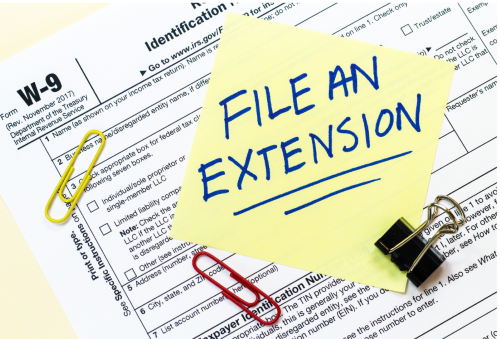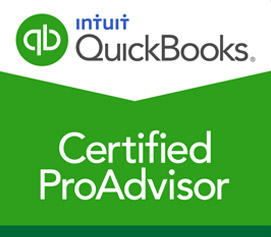Many business owners get so caught up in running the business that they feel they don’t have time for other things that are also important. Tax preparation often falls into that category. Sound familiar?
Luckily, the IRS provides an out in the form of a tax filing extension. But before you start your happy dance, take a look at some of the pros and cons of filing an extension. It may sound good in theory, but in practice, it might not be the best option.
Before We Start
It’s important to remember that a tax filing extension is just what it claims to be: an extension on filing your tax return. It is not an extension on paying your taxes. Taxes are still due on April 15 each year unless otherwise declared by the IRS. This year, the tax filing deadline has been extended to May 17, 2021. At this point in time, the deadline for filing under an extension is still October 15, 2021.
Pros to Filing an Extension
Here are a few of the benefits of filing an extension.
More time to get organized. There are times when pulling together all the paperwork to file a tax return just doesn’t get done. Businesses all over the country are in a state of upheaval this year as they try to recover from pandemic-related challenges. Just staying afloat might be more than you can handle. Likewise, other companies are in the same boat, so you could be waiting on tax-related documents from others. If this is the case, filing an extension may be a good course of action. It gives you additional time to sort things out and collect the documents you need for filing purposes.
Avoid or lessen tax filing penalties. If you aren’t ready to file a tax return yet, filing an extension may help you avoid or reduce tax filing penalties that would accrue by filing late. The IRS imposes a late penalty of 5% on taxes due each month or fraction of a month that a tax return is filed late without an extension. It also charges a late penalty of 0.05% per month, up to a maximum of 25%. However, all this can be avoided by sending in your payment when you file for an extension. A tax preparer or accountant can help you figure out your estimated taxes due when you file for an extension.
No need to explain. There’s no approval process when filing an extension. You don’t have to explain to the IRS why you’re not ready to file. As long as you file the extension form correctly—a good CPA can help here—you’re set until October 15.
Cons to Filing an Extension
Here are a couple reasons why you may not want to file an extension.
It only extends the time to file. If the reason you want an extension is so that you have additional time to come up with the money you owe, you’re out of luck. Filing an extension only applies to getting your tax return in. It does not buy you time on paying the taxes you owe. In fact, if you owe taxes, the IRS expects you to make your payment when you file for an extension. Keep that in mind if the reason for wanting an extension is financial. It won’t help.
Deadlines have a way of piling up. Businesses that make a habit of filing for an extension every year get themselves in a bind. April 15 comes quickly after October 15 of the previous year, and before you know it, it’s tax time again. Once again, you’re not ready. Try not to get into this cycle. It’s hard to get out of.
Adams Accounting Solutions Can Help
Whether you decide to file an extension or not, Adams Accounting Solutions can help. We specialize in small business tax preparation. We can help you prepare for tax season well ahead of time, so you don’t need to file an extension. And if you do, we can help there, too.
Give us a call at 913.888.9100 to schedule an appointment or to get your tax filing questions answered. We look forward to working with you!



